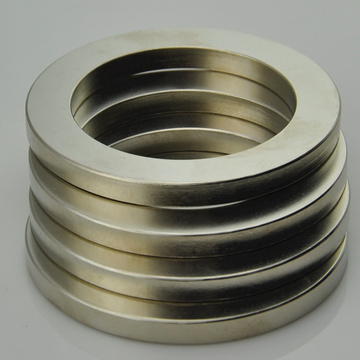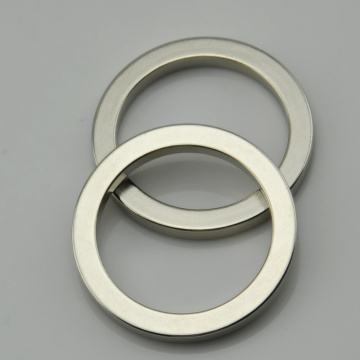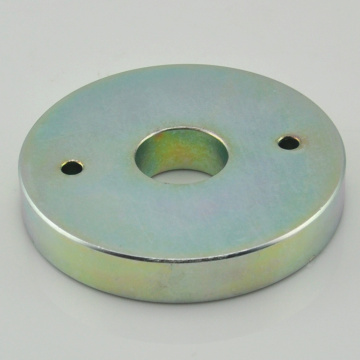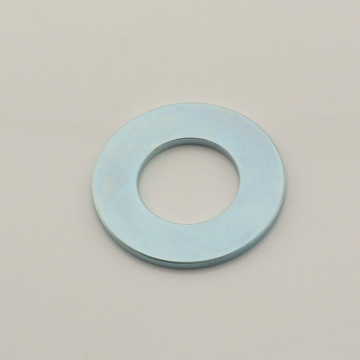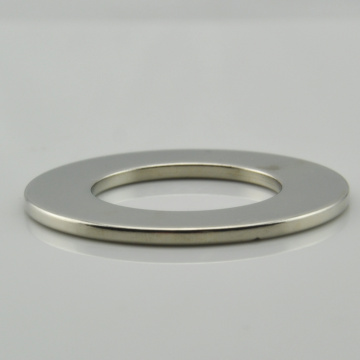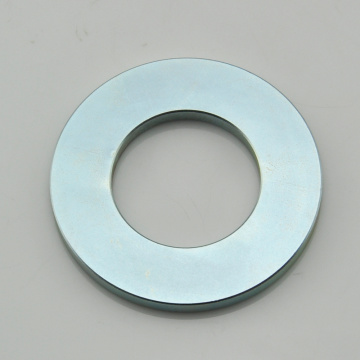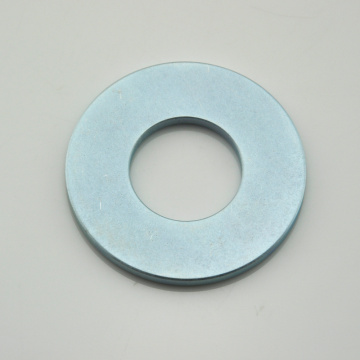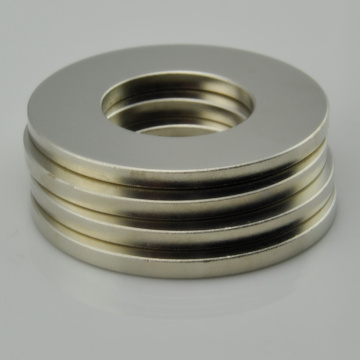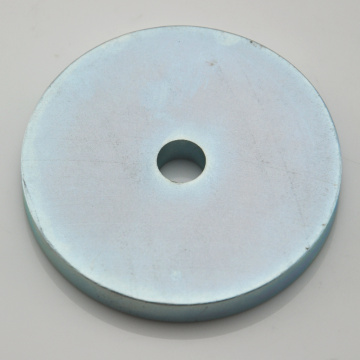Ring magnets are permanent magnets that are distinguished by their shape: they are round with a hole in the middle, and because of this shape they are sometimes referred to as donut magnets.
Ring magnets are most commonly used in science experiments, although they also have medical applications. Some people have implantable cardioverter-defibrillators, or ICDs, that automatically apply shocks to their hearts if the rhythm develops irregularities. If the devices malfunction, they can shock the patients unnecessarily, leading to irregular rhythms and possibly death. Medical personnel sometimes place these magnets on patients` chests over the ICDs to disable the devices.
Ring magnets are similar to discs, but feature a hole in the centre. The reduced volume of the magnet results in less strength, but increases their versatility - rings slide easily onto tubes or rods. Rare Earth rings are available in sizes from 6mm outer diameter up to 120mm, and with a variety of internal diameters and thicknesses.

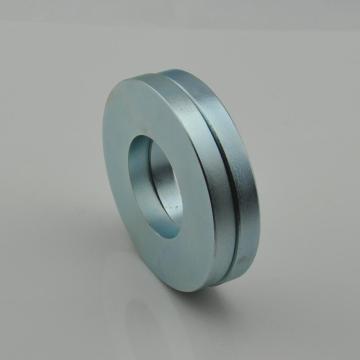
 Contact Now
Contact Now
